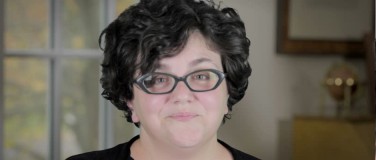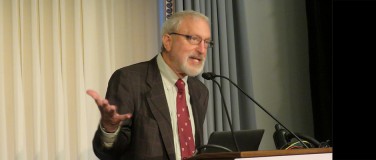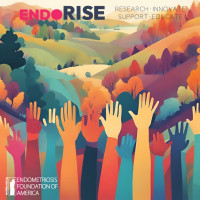
That longstanding urban myth that pregnancy cures endometriosis is just that. A myth.
But what's not a myth is the landmark 2017 study by Harvard Medical School researchers, which analyzed data from 72,394 mothers. Of that number, 3,296 had laparoscopically-diagnosed endometriosis. The study showed breastfeeding mothers are less likely to develop endometriosis and the longer the duration of exclusive breastfeeding, the greater the decrease in risk of endometriosis.
"For each pregnancy, every three month increase in mean duration of exclusive breastfeeding per pregnancy was associated with a 14 percent decreased risk for endometriosis," according to the study, which began in 1989.
The hormonal changes with breastfeeding, "is a similar idea to pregnancy," explains Dr. M. Jonathon Solnik, 40, who is the head of Gynecology and Minimally Invasive Surgery at Mount Sinai Hospital in Toronto. “It maintains lower levels of hormone production, which is also why a woman is less likely to conceive in the early days of breastfeeding.”
Amanda Brown is a fan of the positive affect breastfeeding has had on her endometriosis. “When my son was born, he had a great latch, and breastfeeding just came naturally to both of us, and I did it for over a year," says Brown. "And when my period eventually did come back, my endometriosis symptoms were much milder. I got pregnant two years later, just when my bleeding and pain had started to increase and again got lucky with an easy breast-feeder.”
RELATED: Getting Pregnant With Endo: What You Need To Know
LaTasha Wilson admits she didn't breastfeed, and, as a result, her endo symptoms came raging back right soon after she gave birth. “I felt okay while I was pregnant, but breastfeeding didn’t work out for me and both my kids were fine with formula. But it was pretty quick that my endometriosis flared back up and was just brutal. Way worse pain. I couldn’t get out of bed, but I had a colicky baby and a tantrum-throwing toddler, so I just had to power through—but those were dark days,” says Wilson, 33. As a result, she says she has been managing her endometriosis with birth control. Now, she says, “I feel so much better and am more active and involved with life."
For endo women who manage to conceive, but, for whatever reason, don't breastfeed, pregnancy still offers benefits.
“Pregnancy [causes] a pseudo-suppressed state as far as steroid hormone production. This is the same idea as birth control pills or progestins," he adds, "which cause suppression as well.” With menstruation suppressed, the growth of endometrial implants is inhibited.
That’s why Jennifer Williams, who has struggled with endometriosis most of her adult life, says she’s happiest when pregnant.
“During my first pregnancy, I was fine as far as endo symptoms,” says Williams, 40. “It was the first time that I could remember since I was a teenager that I didn’t have to deal with almost constant debilitating cramps.” Despite the fact that Williams had morning sickness throughout the entire pregnancy, she embraced the journey and celebrated the break from endo. “I needed help standing up, couldn’t see my feet and peed a little every time I smiled, but I wasn’t doubled over in pain or worried about my super-sized maxi pad bleeding through my pants in an hour,” she shares with a laugh. “All of that could have something to do with why I now have four fabulous kiddos.”









